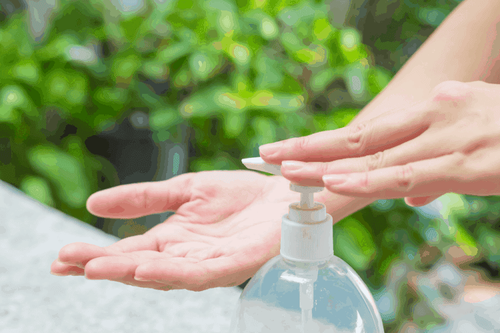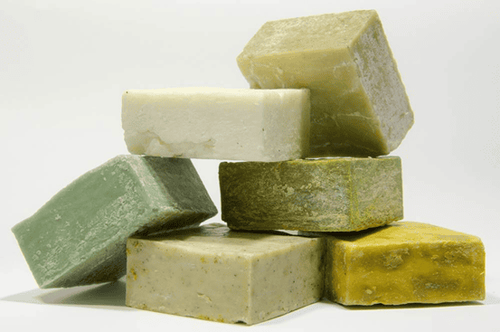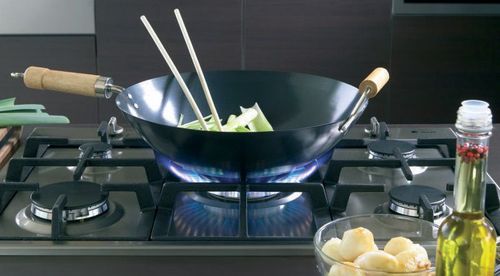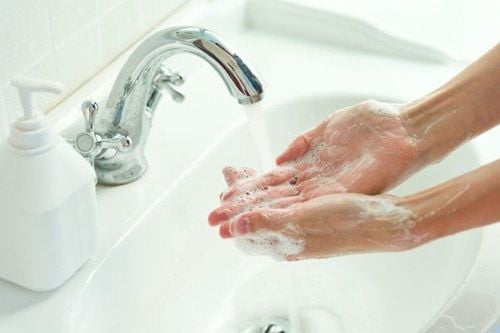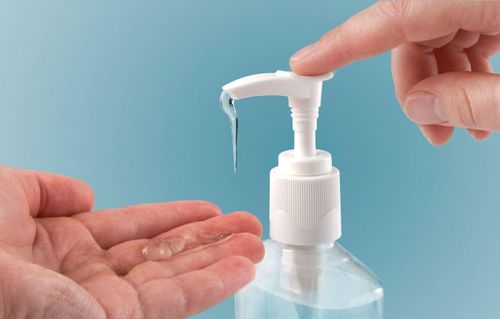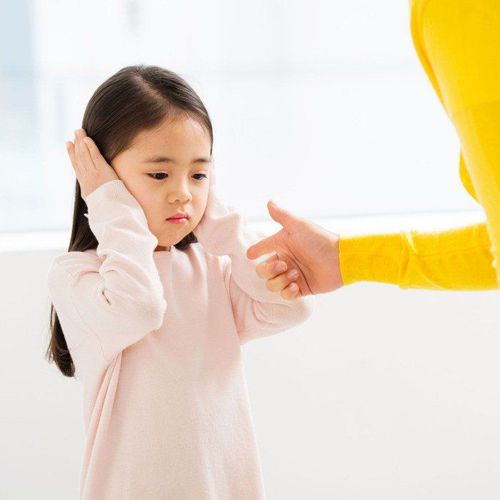This is an automatically translated article.
Quick hand sanitizer for babies is preferred in places where there is no water to wash hands with soap. When choosing an antiseptic solution for babies, parents should choose products with alcohol content of 60° or more to ensure effective killing of bacteria.
1. Why should you wash your hands often?
Hands are constantly in contact with bodily secretions and environments containing pathogens. Disease-causing viruses can spread with secretions, causing illness to many people when we accidentally put our hands with the patient's secretions on the eyes, nose, mouth,... Maintain good hygiene, especially the couple Hands-on is one of the most important measures to prevent the spread of many diseases, especially dangerous diseases like Covid-19.
With children, parents can keep their hands clean by using water and soap or medical sanitizer. Hand washing should be done after a child touches another sick person; after contact with hospital seats, floors, doorknobs; after contact with pets; after going to the toilet and before eating;...

Rửa tay sạch giúp phòng dịch bệnh
2. Should I wash my hands with soap or a quick hand sanitizer?
Washing hands with soap and water is the best way to get rid of bacteria. Studies show that washing hands thoroughly with soap under running water can reduce bacteria by up to 60%, effectively preventing flu, respiratory diseases,... soap consists of 6 steps:
Wet hands and wash hands with soap; Roll and rub each finger thoroughly in turn; Use one hand to rub the back of the other hand; Squeeze between the fingers; Pinch 5 fingers together to rub the palm; Rinse hands under clean running water to remove soap bubbles and dry. Recommended video:
How does soap kill the virus that causes COVID-19?
Note: Make sure your hands are scrubbed with soap for at least 30 seconds to ensure effective bacteria removal. However, in cases where soap and clean water are not available, parents can give their children a quick hand sanitizer with at least 60% alcohol. We can check the alcohol content of the disinfectant solution by looking at the product's label.
Recommended video:
Sanitize hands properly - reduce the risk of Corona virus 2019
3. Note when using quick hand sanitizer for children
According to doctors, medical antiseptic solutions in general and hand sanitizers in particular usually include ethanol (alcohol), sodium lactate (desiccant), deionized water (purified water), benzalkonium chloride (bactericide). ) and fragrance (fragrance). Quick hand sanitizer solutions usually come in spray or gel form, are packaged in small bottles with a volume of 30 - 70ml, have a pleasant aroma, and are convenient to carry around.
Quick hand sanitizer can quickly reduce the number of germs that stay on children's hands, keeping hands clean for as long as possible. Many types of hand sanitizers also contain vitamins and nutrients to help keep hands soft. However, some types of quick hand sanitizer also have some limitations such as:
Antiseptic solution cannot remove all types of bacteria on the hands; Quick hand sanitizers may not be able to remove harmful chemicals such as pesticides, heavy metals,...; Dry hand sanitizer may not be effective in hygiene when hands are dirty, greasy,... Abuse of fast hand sanitizer of unknown origin increases the ability to absorb BPA - a dangerous chemical that can lead to cancer; The alcohol in the quick sanitizer solution can break the protective layer of the virus on the skin of the hands, creating conditions for bacteria to enter the body; Long-term use of hand sanitizer can weaken the immune system in young children; Some types of dry hand sanitizer contain chemicals that create artificial odors, which can cause allergies, dermatitis, endocrine disorders, respiratory failure, ...
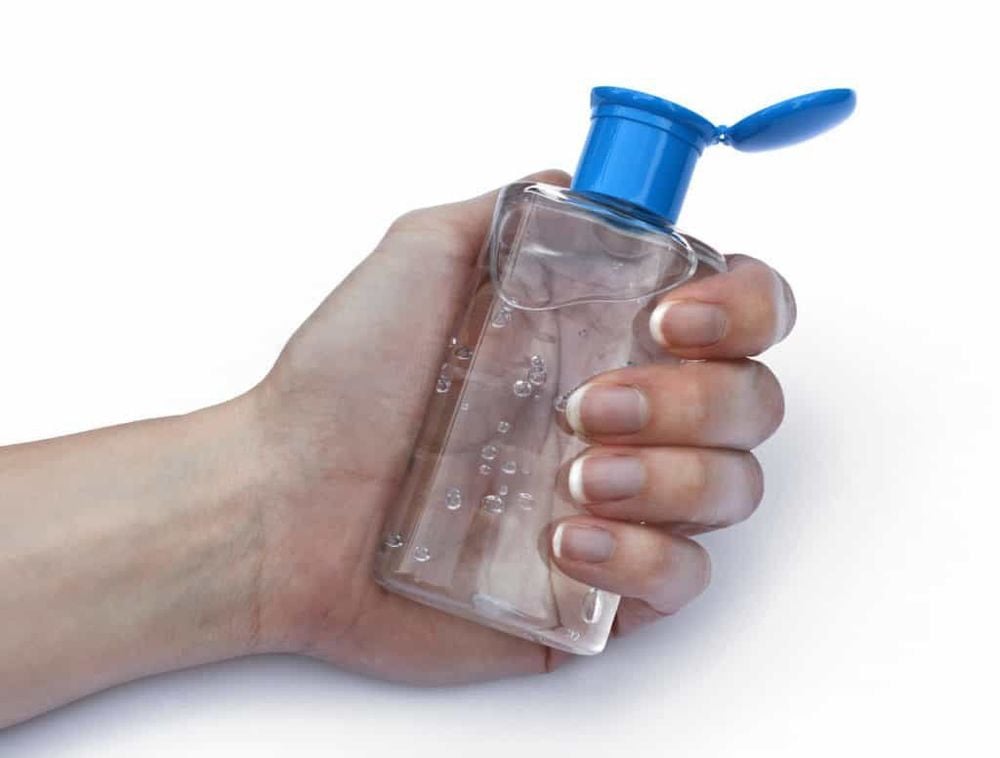
Không nên lạm dụng nước rửa tay nhanh
Note:
Alcoholic antiseptic solution can cause poisoning if swallowed. Therefore, parents should keep out of reach of children and supervise children's use of hand sanitizer; There are many types of quick bactericidal solutions sold on the market, it is difficult to determine the origin, quality and effectiveness of disinfection. Therefore, consumers should look to buy products with reputable brands; Do not abuse strong antiseptic solutions or unknown origin because it can negatively affect the sensitive skin of children; For children with dry skin, skin with eczema, if you have to use quick antiseptic solutions, you should use products with moisturizers or you should apply extra moisturizer for your baby's hands to avoid dry skin and skin irritation. .
How to use a standard baby hand sanitizer solution is:
Put a sufficient amount of hand sanitizer in the palm of your hand according to the manufacturer's instructions for use; Thoroughly rub both palms together; Rub hand sanitizer onto all surfaces of hands and fingers until hands are completely dry. This process usually takes about 20 seconds. Parents should not abuse quick hand sanitizer for children, but need to do it simultaneously with other methods such as using toy disinfectant solution to clean utensils and toys for children; avoid bringing children to crowded places,... Parents should also limit buying hand sanitizers with attractive odors because it can stimulate children to want to taste. Sanitizer should be used in case of before and after eating, when outdoors, after communicating, traveling by train, going to hospital, etc. At the same time, adults should limit the habit of hugging and kissing. children during the epidemic season to reduce the risk of infection with respiratory diseases.

Sát khuẩn đồ chơi, đồ dùng cho trẻ
To register for examination and treatment at Vinmec International General Hospital, you can contact Vinmec Health System nationwide, or register for an online examination HERE
MORE:
Instructions for hand washing with soap Instructions for children to wash their own hands to prevent epidemics 5 times and 6 steps to wash hands to remember to prevent corona virus 2019




